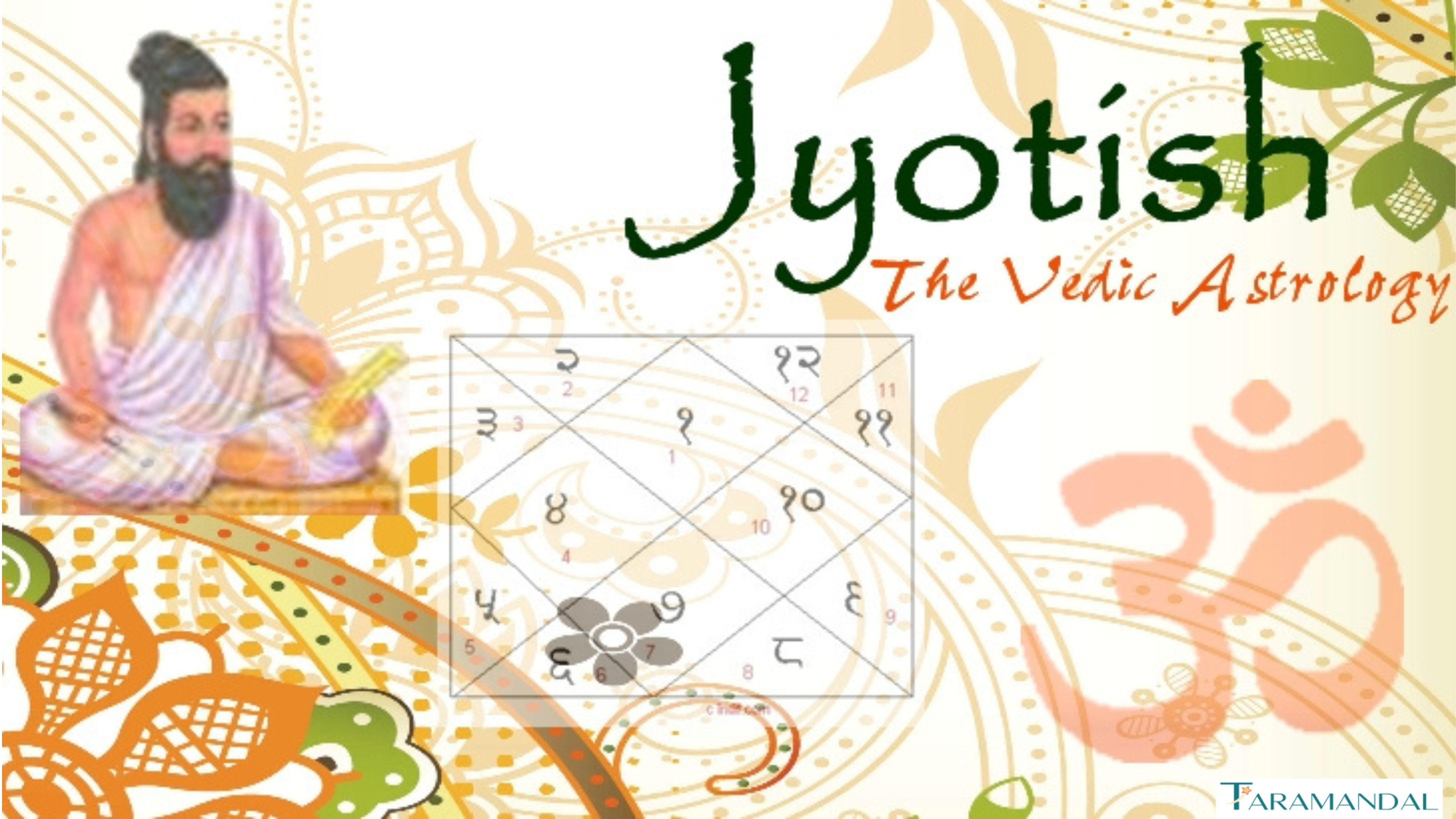on 2 years ago
Understanding Jyotish Astrology: A Glimpse into the Science of Light
Introduction:
Jyotish astrology, often simply referred to as Jyotish, is a profound and ancient system of astrology that has its roots in India. The term "Jyotish" is derived from two Sanskrit words: "Jyoti," meaning light, and "isha," meaning lord or deity. Essentially, Jyotish astrology can be translated as the "science of light" or the "science of divine light."
What is Jyotish Astrology?
Origin and History:
Jyotish astrology has a rich and enduring history, dating back thousands of years. It is considered one of the oldest forms of astrology in the world. Its origins can be traced to the Vedas, the ancient scriptures of India, where the celestial bodies and their movements were closely studied and interpreted for their impact on human life.
Principles of Jyotish Astrology:
At the core of Jyotish astrology lies the belief that the positions and movements of celestial bodies, such as planets and stars, influence and reflect the destinies of individuals and the course of events on Earth. Jyotish astrology encompasses several key principles:
Natal Charts (Kundli): Jyotish astrology uses natal charts, also known as "kundli" or "birth charts," to map the positions of celestial bodies at the exact time and place of a person's birth. These charts are then analyzed to gain insights into an individual's personality, life path, and future events.
Planetary Influences: In Jyotish, each celestial body is associated with specific qualities and influences. The movement and alignment of these planets are believed to affect various aspects of life, including career, relationships, health, and spirituality.
Dashas and Transits: Jyotish astrology incorporates the concept of planetary periods (dashas) and the analysis of planetary transits. These factors are used to predict major life events and shifts in one's destiny.
Yogas: Jyotish recognizes specific combinations of planets, known as "yogas," which can indicate auspicious or challenging circumstances in a person's life.
The Role of Remedies:
Jyotish astrology also places importance on remedies to mitigate the negative effects of planetary influences. Remedies may include wearing specific gemstones (known as gemstone therapy), performing rituals, chanting mantras, or adopting lifestyle changes.
Jyotish Astrology Today:
In modern times, Jyotish astrology continues to thrive as people seek guidance and insight into their lives. It has adapted to the digital age, with online platforms offering personalized birth chart readings and consultations with experienced Jyotish astrologers.
Conclusion:
Jyotish astrology is a profound and intricate system that delves into the cosmic interplay between celestial bodies and human existence. Rooted in ancient wisdom and steeped in tradition, it offers a unique perspective on the path of life, destiny, and self-discovery. As the "science of light," Jyotish continues to illuminate the way for those who seek its guidance in navigating the complexities of life's journey.

